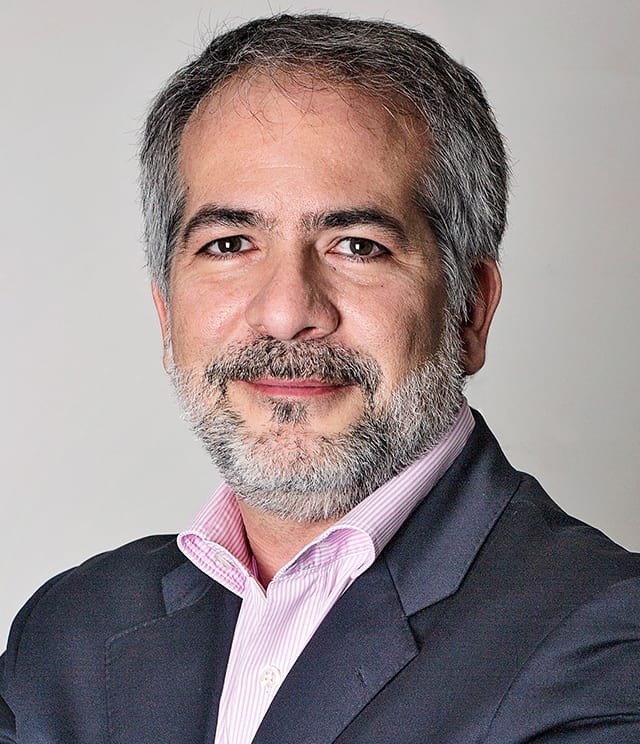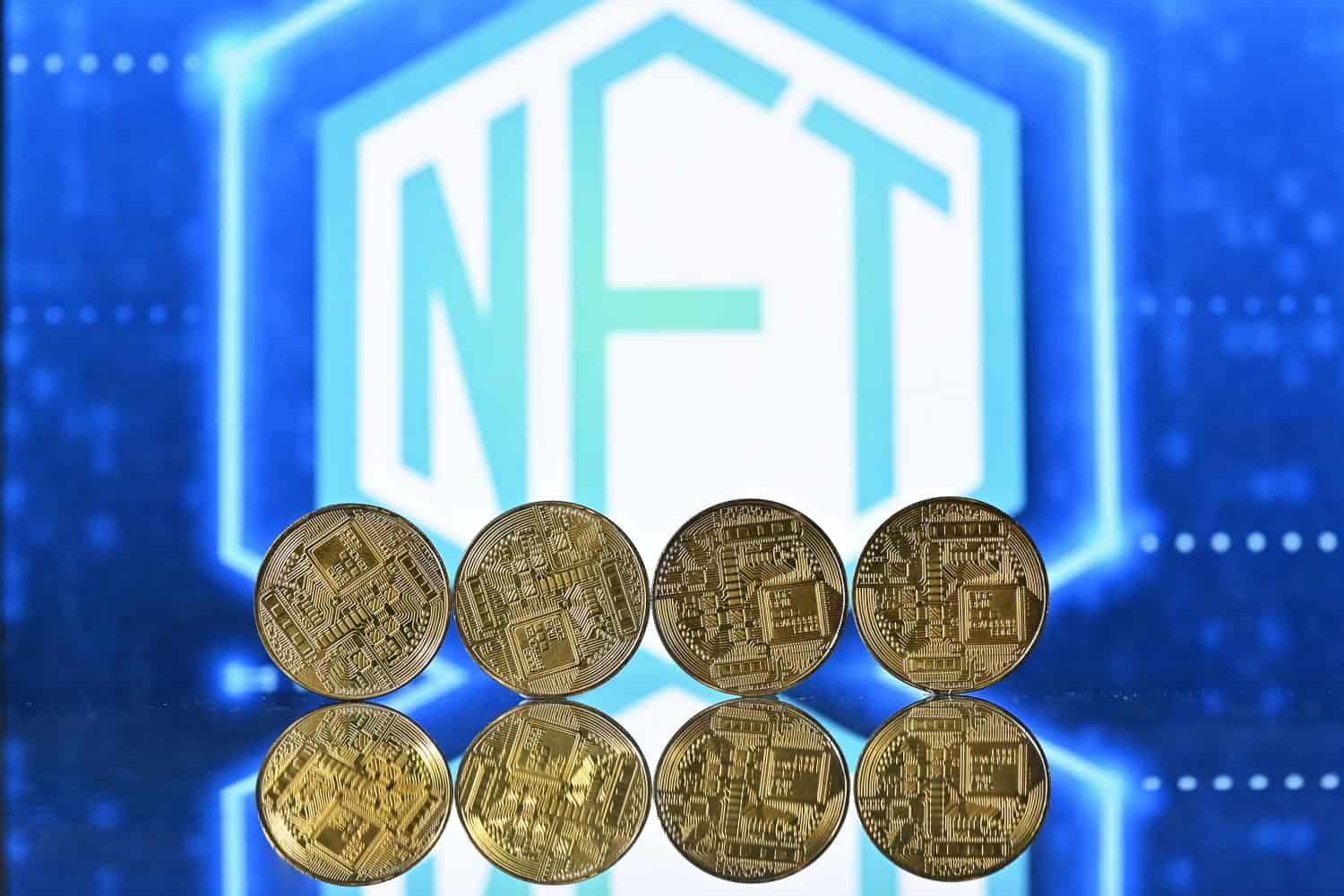If the metaverse is where the future is, it will need creative people to build it. And with technologies like NFTs and blockchain promising that artists and creators can make money from their work, could we be entering a more promising and financially rewarding time for creators after decades of being undercut and forced to do more for less?
Social networks provide creators access to communities, but their content drives traffic. These platforms’ true revenue generators are artists, musicians, writers, photographers, and influencers. The interaction between a creative and their community is eventually mediated by a platform, which might affect the creator’s compensation.
This might cause a drop in revenue and affect the type of material provided.
Creators Economy

Due to high engagement yet low revenues on social media platforms, many creators are looking for new ways to monetize, says Franck Mandon, COO of the MILLION platform.
He added: “Despite the creator economy being a bit more than a decade old, some 184 million people — with 1K up to 1 million followers — worldwide consider themselves creators. With a roughly US$ 20 bn market value, it’s the fastest-growing sort of small business, with each creator operating more like a startup than an individual.”
As an NFTs platform, MILLION redefines how millions of artists create, collaborate, build community, and sell intangible goods. As a result, it’s now possible to establish an economy that puts creators at the center and lets them capture and distribute their value efficiently, safely, and quickly.
“The Creator Economy refers to independent content creators (influencers, artists, musicians, gamers, bloggers …) who foster a community around their talent and through valuable content that resonate with their followers on Social Media platforms”, Mandon explained. Through MILLION, creators can directly connect and earn a lucrative living from their passion by monetizing their content through brand sponsorship, endorsement, product placement, donation, affiliation, or shared ad revenues.
Existing economy model
Web2 is the existing economic model used on social media and enables use interactions. And because most Web2 features were free, some social media platforms have grown at breakneck speed.
On the other side, for over a decade, social media platforms were rapidly striving to be one-stop shops for creators, offering all kinds of monetization solutions to keep creators creating on their platform.
However, creators are starting to realize that they’re essentially renting their audiences from social media platforms, making it extremely difficult for them to move what they have built over time to a space that works better for them.
Why is MILLION the answer?
MILLION is a Web3 social media platform offering creators and their community unparalleled social and transactional relationships.
By tokenizing the creator economy, “we have built a game-changing model with a creator-first approach that makes content creators’ reputation more valuable and their community a part of their creative success,” Mandon said in an interview with TRENDS. MILLION’s primary goal is to foster creators’ creativity by leveraging super-fans loyalty equally.

Mandon and MILLION CEO Julien Hawari think digital ownership and trustless transactions enabled by blockchains will alter the creative industry for creators and fans.
Simply put, “We want to offer blockchain benefits without confusing users,” they explained.
Through MILLION, onboarding is now accessible for everyone, independent of Web 3.0 experience, while building an intuitive user interface for legacy social media, backed by Web3’s leading distributed ledger technology.
“Once registered on MILLION; individuals can develop NFT-powered content, determine their lifetime royalty share, and monetize fan engagement. Fans will have access to a free stream of producers’ work, but we expect they will quickly subscribe to their account using Milz to buy or unlock unique behind-the-scenes stuff,” Mandon added.
At the same time, creators will use MILLION’s native tokens to provide value to their expanding communities.
US$1 trillion market by 2023
More than 50 million people are participating in the “creator economy,” bringing the overall market value to around US$ 104.2 billion, a figure that could reach US$ 1 trillion by 2023, according to The Creator Earnings, Benchmark Report for 2021.
While brand endorsements account for 77 percent of revenue, ad share earnings and affiliate connections also played a role. As a result, it is essential to remember that creators’ income is strongly linked to the size of their audiences.
Increasingly, people from all walks of life and regions of the world have been encouraged to skip traditional methods of talent recognition in favor of the creator economy. Because of this dynamic shift, the ability to create and direct their own stories has shifted back into the hands of the creators themselves.
Technology and social media were critical enablers of this transition and are still paving the way for the sector.








